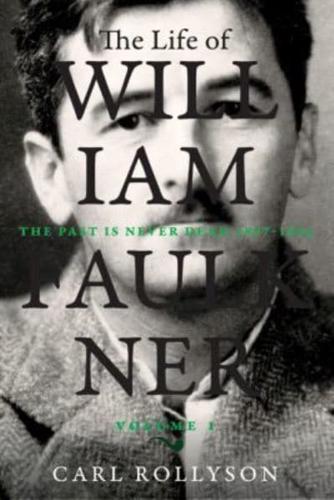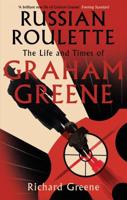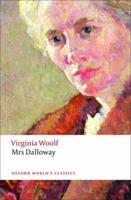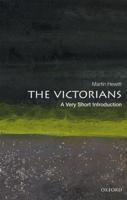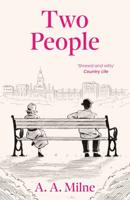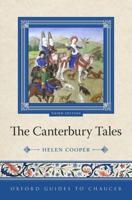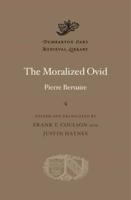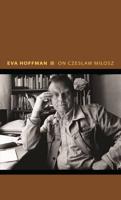Publisher's Synopsis
Awarded the Nobel Prize in Literature in 1949, William Faulkner was a southerner who became widely regarded as one of the greatest American writers of all time. Despite being such a studied figure, however, to date no biography has captured the complexities at the heart of the man and his work. In The Life of William Faulkner, acclaimed literary biographer Carl Rollyson portrays a new Faulkner—a man of astonishing paradoxes. Based on extensive interviews with family and friends of Faulkner, as well as unparalleled access to primary and secondary source materials, this first of what will be a major two-volume work offers a dramatic narrative that breaks the bounds of the traditional literary biography.
This first volume covers Faulkner's formative years. The oldest brother born into a family who had lost their glory, Faulkner at first excelled at school, until his teens when he defied family expectations by pursuing an interest in art and writing that promised no discernable profit for himself or others. World War I and its aftermath galvanized a new generation of writers, none more than Faulkner. Yet while his contemporaries Ernest Hemingway and F. Scott Fitzgerald were establishing themselves in Paris and New York, the shy Faulkner kept his distance, not even crossing the length of a café to introduce himself to James Joyce.
Drenched in the culture of the Deep South, Faulkner came to write iconic novels of enduring literary significance, but his body of work also included Hollywood screenplays and potboilers for the Saturday Evening Post. Presenting himself as an aloof, self-proclaimed renegade artist, he was at the same time a dedicated family man. He could not create a cosmos of his own without having a sense of counterpull, of being in two places at once, like many of the characters in his novels. In letters to his friends and publishers, Faulkner frequently wrote of "this alarming paradox" that, Rollyson argues, would define his life.
Integrating Faulkner's screenplays, fiction, and life, Rollyson argues that the novelist deserves to be reread not just as a literary figure but as a still-relevant force, especially in relation to issues of race, sexuality, and equality. The culmination of years of research in archives that have been largely ignored by previous biographers, The Life of William Faulkner offers a significant challenge and an essential contribution to Faulkner scholarship.
